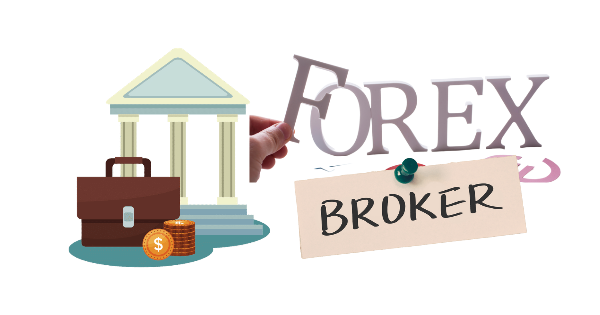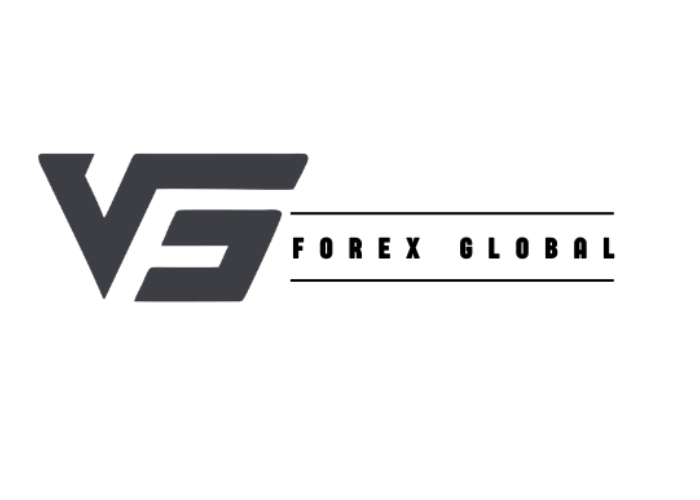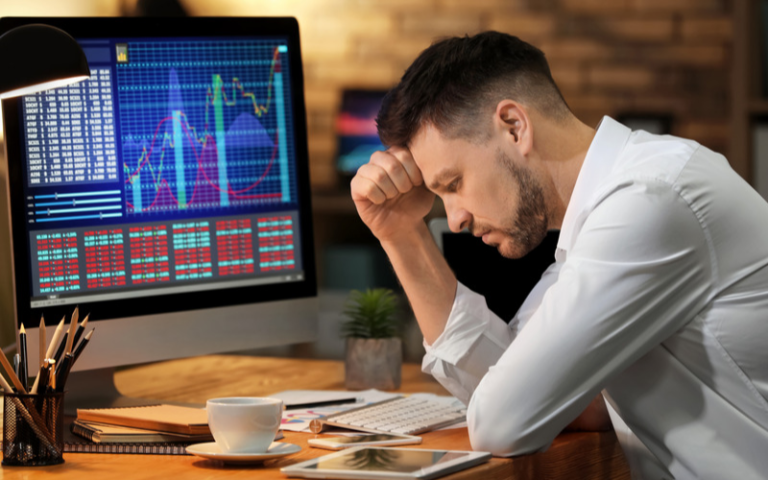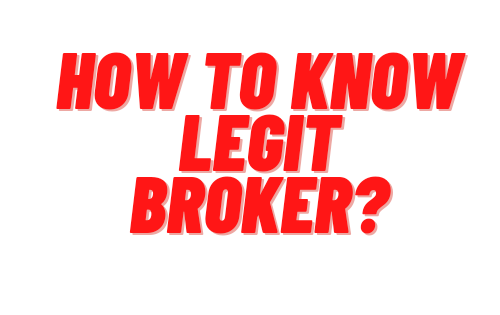When venturing into the world of Forex trading, one of the first and most important steps is choosing a broker. A Forex broker is a company that provides traders with access to a trading platform that allows them to buy and sell foreign currencies. With so many brokers to choose from, it can be difficult to know where to start. However, there are a few key factors that should be considered when making a selection.
How to Choose a Forex Broker?
Not all Forex brokers are created equal, however, and it is important to do your due diligence before selecting one. Here are four factors you should consider when choosing a Forex broker.
Reputation
The first thing you should look at when choosing a Forex broker is their reputation. Are they regulated by any major financial institutions? What do other traders have to say about them? A good way to research this is to look for online reviews or ask in forums populated by experienced traders. Getting input from people who have already gone through the process of choosing a broker can save you a lot of time and hassle.
Operating Costs
Another thing to consider when choosing a Forex broker is what sorts of operating costs they will charge you. These can include things like spreads (the difference between the bid and ask prices), commissions, and account fees. It is important to compare these costs across different brokers to ensure you are getting the best deal possible. Some brokers may try to offset low trading costs with high account fees, so be sure to take everything into consideration before making your decision.
Customer Service
Good customer service is important in any business, but it is especially crucial in the world of Forex trading where things can change rapidly and unexpected problems can arise. You want to be confident that your broker will be there to help you if something goes wrong or you have questions about your account. Again, online reviews can be helpful here, but you can also contact the customer service department of each broker you are considering and ask them some questions about their services. This will give you a good sense of how responsive and helpful they are likely to be if you encounter any problems down the road.
Platforms & Tools
Finally, you’ll want to take a look at the platforms and tools each broker offers their clients. Most brokers will provide some sort of trading platform that will allow you to buy and sell currencies, but the quality of these platforms can vary greatly from one broker to another. In addition, some brokers offer add-ons like market analysis tools or educational resources that can be helpful for new traders. Consider what sorts of resources would be most useful for you and make sure the broker you choose offers them.
Conclusion
Choosing a Forex broker may seem like a daunting task, but it doesn’t have to be if you know what factors to look for. Reputation, operating costs, customer service, and platforms & tools are all important considerations when making your decision. By taking the time to research your options thoroughly, you can ensure that you find a reputable broker that meets your specific needs and requirements.
Can I trade forex without a broker?
When it comes to forex trading, one of the first questions potential traders ask is “Can I trade forex without a broker?” The answer, simply put, is no. In order to trade forex, you must do so through a broker.
This may seem like a hindrance at first, but working with a broker can actually be beneficial. First and foremost, brokers are highly regulated by both national and international financial authorities. This means that they are held to strict standards in terms of the way they operate and the way they treat their clients’ money.
Furthermore, brokers have access to financial resources and information that individual traders simply don’t have. This can give them a significant advantage when it comes to making decisions about trades. Finally, brokers can provide valuable guidance and support to newbies in the world of forex trading.
So, while you may be thinking that working with a broker seems like an unnecessary hassle, it’s really in your best interest to do so. Trading forex without a broker simply isn’t an option.
If you’re interested in getting started with forex trading, your first step should be to find a reputable broker that you can work with. Once you’ve done that, you’ll be well on your way to making successful trades!
Does it matter what broker you use for forex trading?
When it comes to forex trading, some people believe that it doesn’t matter which broker you use. However, this isn’t the case. While all brokers provide access to the same foreign exchange markets, they don’t all offer the same features and benefits. Different brokers may have different fees, spreads, and account minimums. They may also offer different levels of customer service and support. As a result, it’s important to carefully consider your options before choosing a forex broker. By taking the time to compare different brokers, you can find one that best meets your needs and provides the best value for your money. Read some more reasons why your b
Your Forex Broker Is Your Partner in Trading
Think of your forex broker as your partner in trading. You’ll be working closely with them, and you need to be able to trust them implicitly. After all, they’ll be handling your money, so you want to make sure it’s in good hands. A reputable broker will be registered and regulated by a financial authority such as the US Securities and Exchange Commission (SEC) or the Financial Conduct Authority (FCA) in the UK. This ensures that they adhere to strict financial standards and comply with best practices.
Your Forex Broker Provides Access to the Markets
Another reason why choosing a reputable broker is so important is because they provide access to the markets. Without a broker, you won’t be able to trade forex. Most brokers will offer access to the major currency pairs as well as some of the more exotic ones. They’ll also offer leverage, which allows you to trade with more money than you have in your account. Leverage can be a powerful tool, but it’s also risky, so make sure you understand how it works before using it.
Your Broker Offers Support and Resources
When you’re starting out in forex trading, there’s a lot to learn. A good broker will offer support and resources to help you get up to speed quickly. Look for a broker that offers demo accounts, educational materials, webinars, and other resources that can help you learn about forex trading and hone your skills. Also, make sure customer support is available 24/7 in case you have any questions or need assistance with your account.





